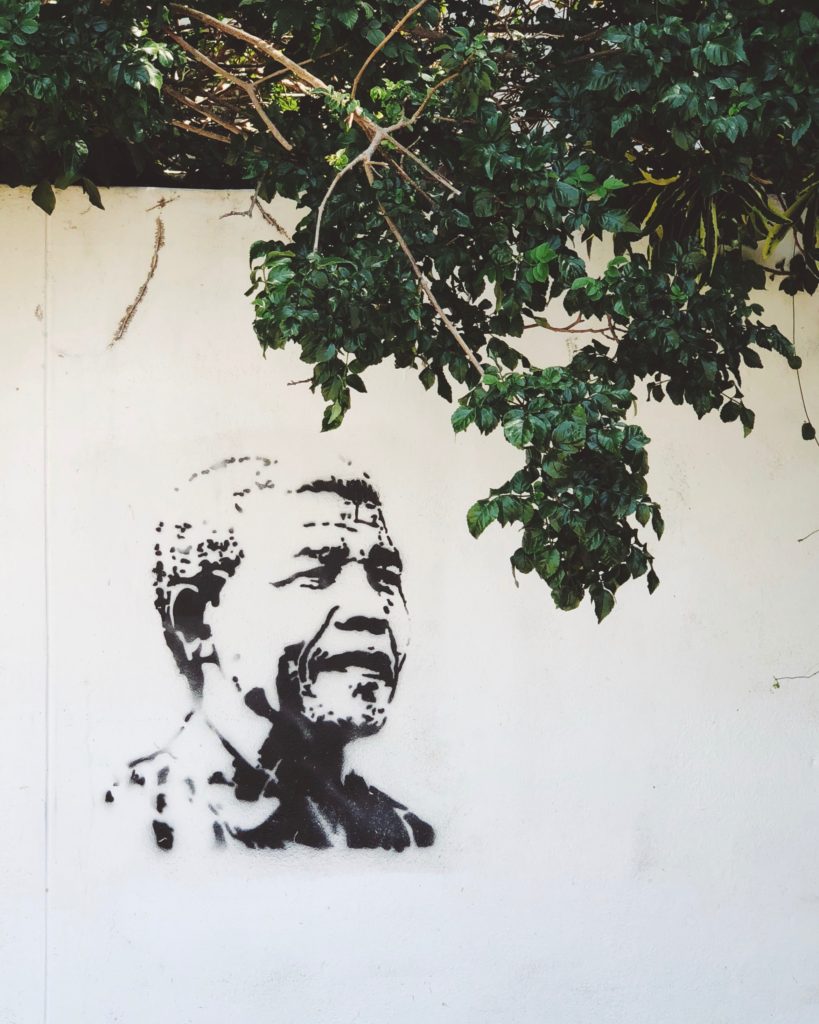We live in a tumultuous time. Simply in the last 6 weeks, we’ve had nuclear threats, racial tension and a crazy gunman attack in Las Vegas. Add this to at least three terror attacks on the streets and trains of London in the last year, and several in France.
Violence, war and terror are nothing new in this world. But, where there has been evil, there has always been good too.
History is littered with figures who have endeavoured to improve the world. Folks who fought evil. Persons who served the people and built a brave new world for those who followed. These characters — leaders who are recognisible by one moniker: Dr King, Lincoln, Ghandi, Teresa, Mandela, etc— prompt us that hope is as strong as fear, and that we can positively alter the world, if we are brave enough.
Larry King has had the chance to interview most of these persons over his long career. He drew the conclusion that the greatest leaders appear to share various common features. He had this to say:
To be clear, It’s not some special type of DNA or gift at birth. Great leaders come in all shapes, sizes, and types: Men and women. Black, brown and white. Extroverted and introverted… great leaders have faith in themselves and in their cause. Every single leader I’ve mentioned dealt with gut-wrenching adversity and injustice on their rise to success. And, despite that adversity, they’ve kept pressing forward
No body exemplifies this trait as much as Nelson Mandela. He was discriminatorily jailed for twenty-seven years for struggling for the entitlements of black people in South Africa. Mandela’s home was a damp, concrete 56 square feet (5.04 m2) cell with a straw bed. He suffered verbal abuse every day. Lots of persons would’ve abandoned hope in this situation.
As I have blogged on this before, instead of accepting his fate, Mandela turned prison into a masters degree in personal transformation, which he used to transform a nation. He studied Afrikaans, the everyday language of the guards, so that he could converse with them and convince them of his cause. Mandela matriculated his law degree from the University of London during his sentence, all whist exhausting his days doing physical work — shattering rocks into gravel, toiling in a lime pit, etc. He would not have had the power to persist without confidence in himself and in his cause.
How did he maintain his strength and determination during his imprisonment? What he managed appears far outside the realm of regular human possibilities. Most of us are just struggling to work out how to cope with our day to day lives. How did Mandela cope with such inequality and discover the forte to simply not persist but to grow?
I believe one answer is that Mandela continuously pursued knowledge. He did not allow his confidence to destiny. He read insatiably. It was his means of discovering light in the night.
It is not hard to picture Mandela tolerating his incarceration, discovering strength in those verses. It prompts us that, regardless of what happens in the external world, you are in control of your choices. No matter what folks say or do, you are the person who chooses how you perform every day. All the great leaders think this way. Whether it was forces for good like Mandela, Dr King, and Teresa, or forces of evil like Hitler, Stalin and Mao, without belief in themselves and their causes, they would never have been able to have lead the revolutions they did.
Developing confidence in yourself and in your perseverance does not occur by luck. No one gets up one day and unexpectedly finds that they have insurmountable determination. Like all meaningful ambitions, constructing faith in yourself occurs day by day. Like Mandela, you just have to pursue stimuli that lights a fire in you. You have to fuel the flames of your own passion. Read good books – some of which can be found in my Books Club. Think positive thoughts. Once motivated, act on your principles. Great leaders have continuously acted so. And, if you want to make the most out of your life, you must do the same.
Go get’em! Scott
Source:
https://larryking.com/what-ive-learned-from-interviewing-the-worlds-greatest-leaders

